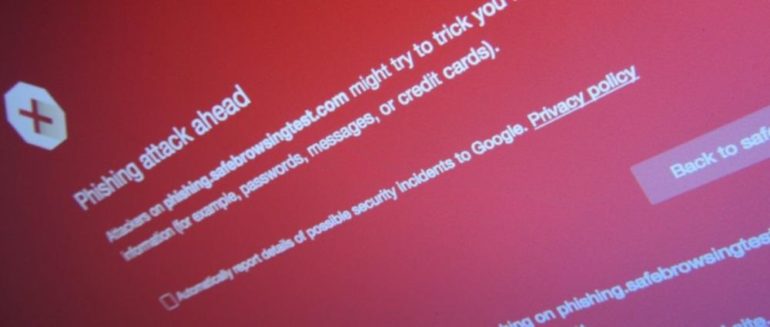Apple’s upcoming iOS 14.5 release will ship with a feature that will re-route all Safari’s Safe Browsing traffic through Apple-controlled proxy servers as a workaround to preserve user privacy and prevent Google from learning the IP addresses of iOS users.
The new feature, spotted by a Reddit user earlier this week and covered in a report from 8-bit, has been formally confirmed by Maciej Stachowiak, Head of Webkit Engineering at Apple.
The new feature will work only when users activate the “Fraudulent Website Warning” option in the iOS Safari app settings.
This enables support for Google’s Safe Browsing technology in Safari. The Safe Browsing technology works by taking an URL the user is trying to access, sending the URL in an anonymized state to Google’s Safe Browsing servers, where Google accesses the site and scans for threats.
If malware, phishing forms, or other threats are found on the site, Google tells the user’s Safari browser to block access to the site and show a fullscreen red warning.
While years ago, when Google launched the Safe Browsing API, the company knew what sites a user was accessing; in recent years, Google has taken several steps to anonymize data sent from user’s devices via the Safe Browsing feature.
But while Google has anonymized URL strings, by sending the link in a cropped and hashed state, Google still sees the IP address from where a Safe Browsing check comes through.
Apple’s new feature basically takes all these Safe Browsing checks and passes them through an Apple-owned proxy server, making all requests appear as coming from the same IP address.
Many would call the move useless, as Google would still be unable to see what URL the user was checking, but the feature is consistent with other measures Apple has been taking lately, focusing on improving its users’ privacy.
Many of these features have often encroached and disturbed Google’s huge presence in the user analytics and tracking sector.
This includes pioneering broad anti-tracking features in Safari, and forcing app makers to add “privacy labels” to their App Store listings, a requirement that Google has mysteriously avoided by simply not updating any of its apps since last year.
iOS 14.5 is currently in beta and is expected to be released in the coming months.



